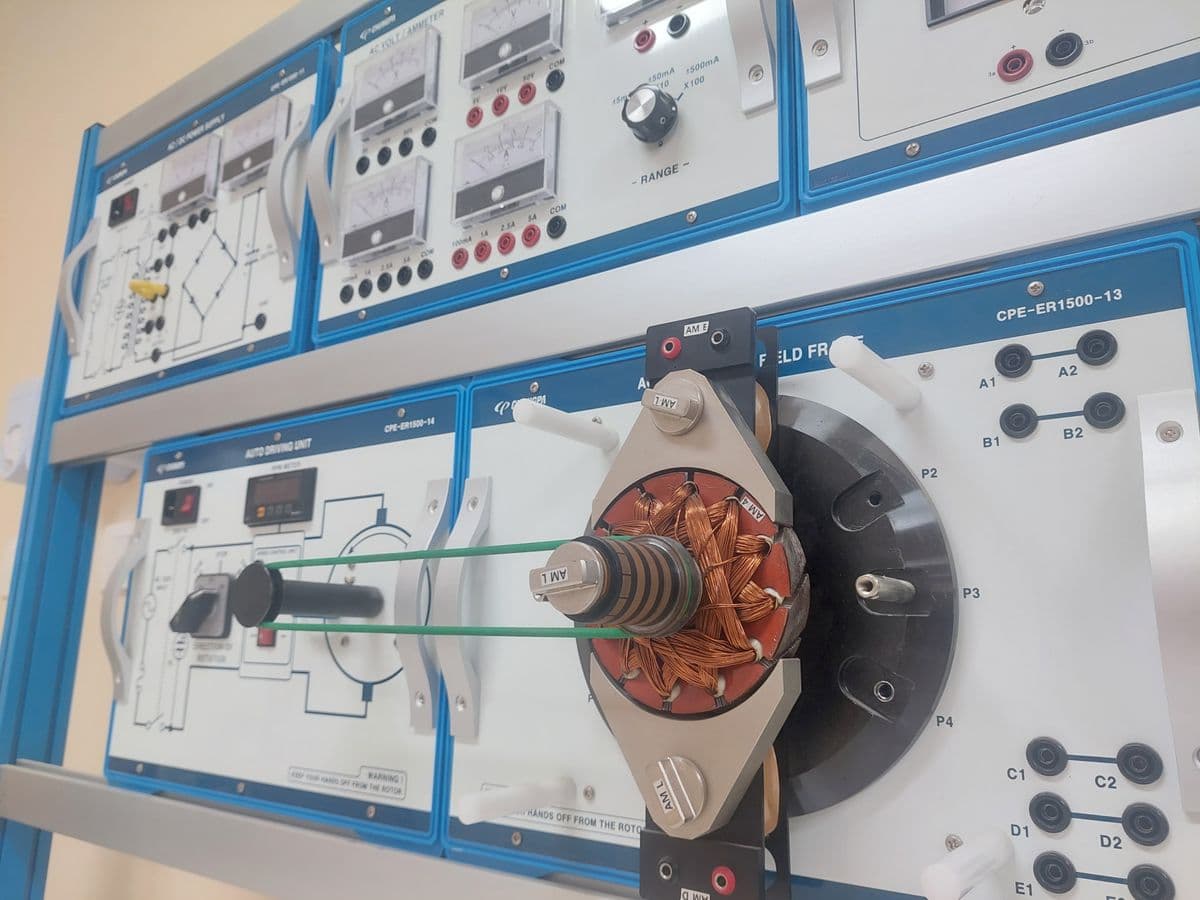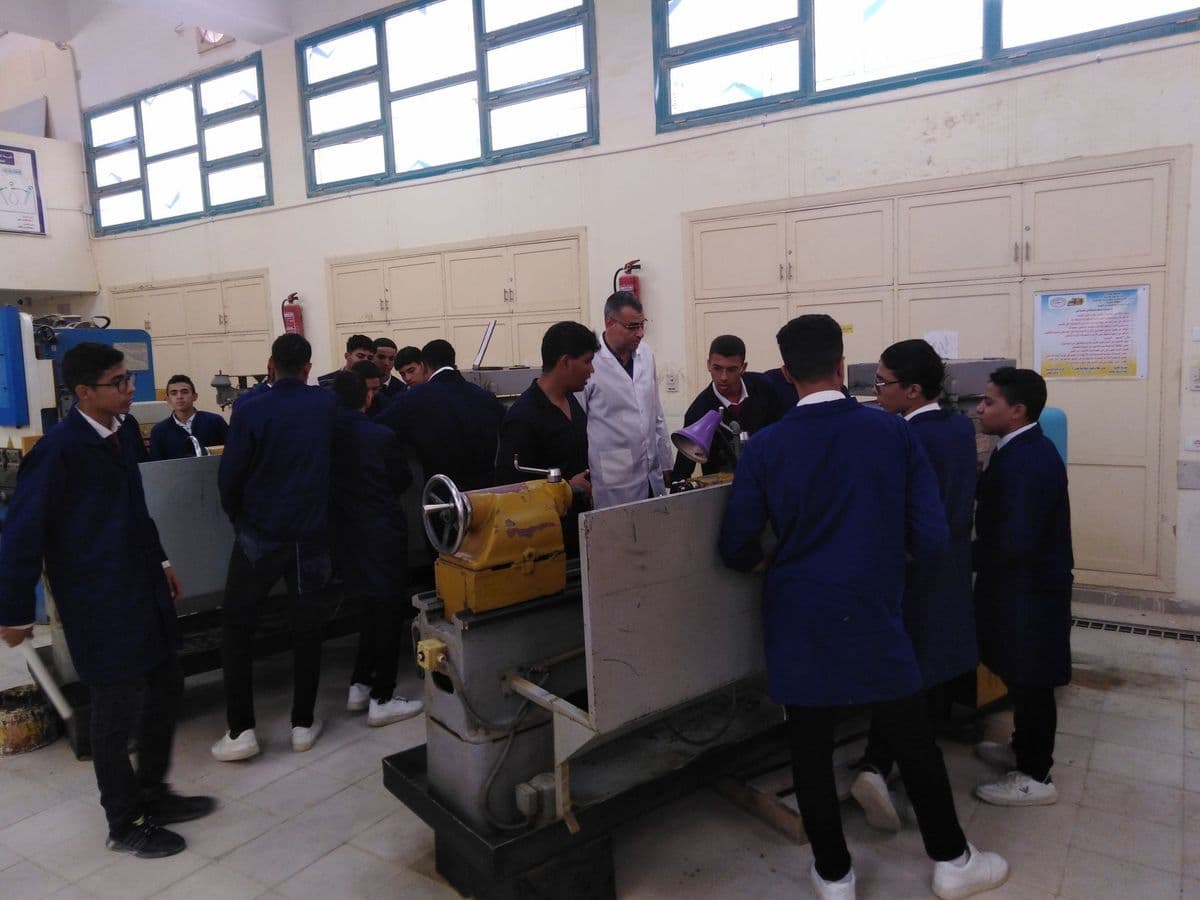
Academics
academics
Rich Curriculum
Over the course of our 5-year program, we combine rigorous academics with hands-on experience in labs and workshops to prepare students to become leaders in Electricity, Mechanics, and Nuclear Engineering. Our curriculum also includes nuclear engineering subjects, like nuclear physics, tailored to each department.
20%
Nuclear Courses
60%
Engineering Courses
20%
General Education

Practicality
At our institution, experience is the most important element that defines the diverse components of our workforce. Our students participate in advanced courses in robotics, power generation systems, and mechanical structures.
Curriculum
Our comprehensive curriculum represents the latest developments in nuclear, electrical, and electronic engineering. Students master advanced concepts in nuclear technology, power system design, and electronic circuit development through a carefully designed program.
Innovation
Innovation and creative thinking are key components of our high school's technology program. We encourage students to develop their own innovative projects, ranging from small electronic devices to renewable energy solutions, fostering their innate curiosity and problem-solving abilities.

Electronics Department
The Electronics Engineering Department focuses on the development and application of electronic circuits and systems.
- Practical Training (Electronic)
- Automated Control
- Logic Circuits
- Electronic Systems
- Computer Programming
- Electronic Circuits
- Radiation Detection Electronics
- Communication Systems
- Microcontrollers
- Nuclear Device Electronics
- Computer Networks
Electrical Department
Department of Electrical Engineering focuses on the design, development, and application of electrical systems and components within the nuclear power industry.
- Practical Training (Electrical)
- Power Electronics
- Engineering Drawing
- Electrical Instrumentation
- Electrical Engineering
- Logic Circuits
- Electrical Machines
- Logic Control
- Control Systems
- Electrical Computing Systems
- Nuclear Power Plant Systems


Mechanical Engineering
The Department of Mechanical Engineering focuses on the application of mechanical systems and components.
- Practical Training (Mechanical)
- Practical Welding
- Engineering Science
- Maintenance and Operation
- Computers in Industry
- Mechanical Technology
- Mechanical Design
- Component Technology
- Mechanical Technology
- Materials Science
